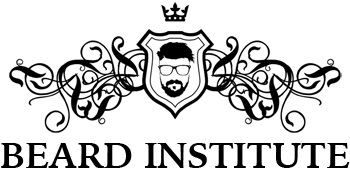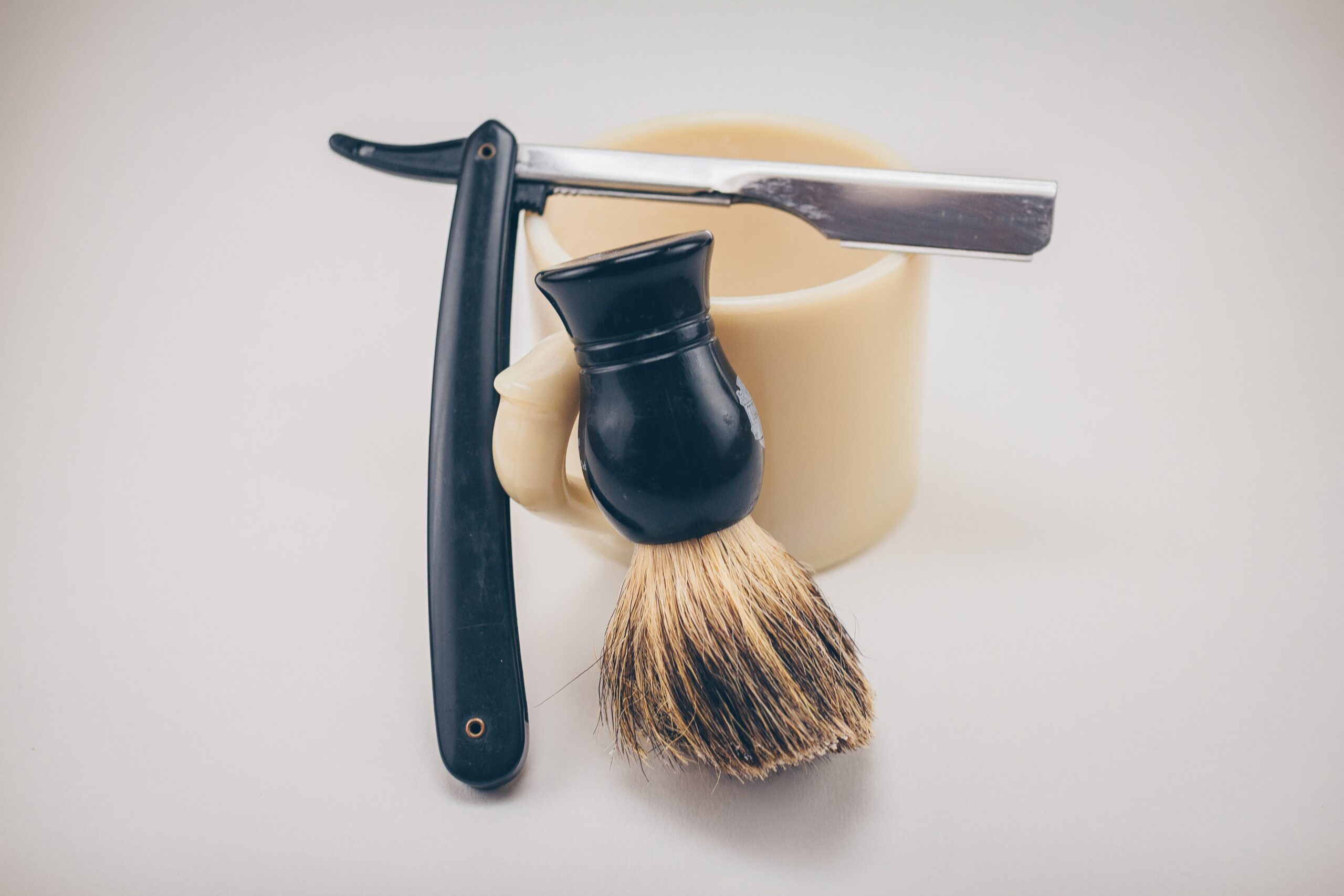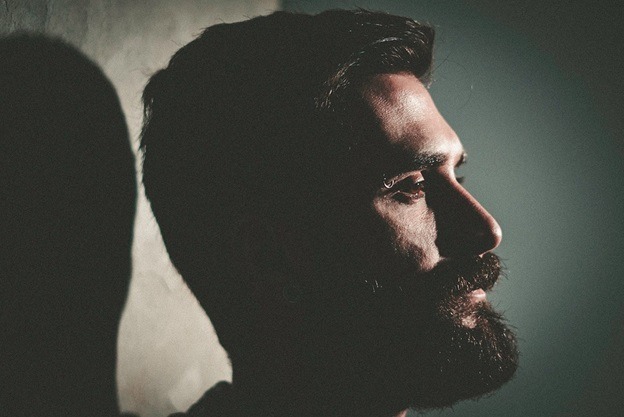Do Beards Have a Purpose?
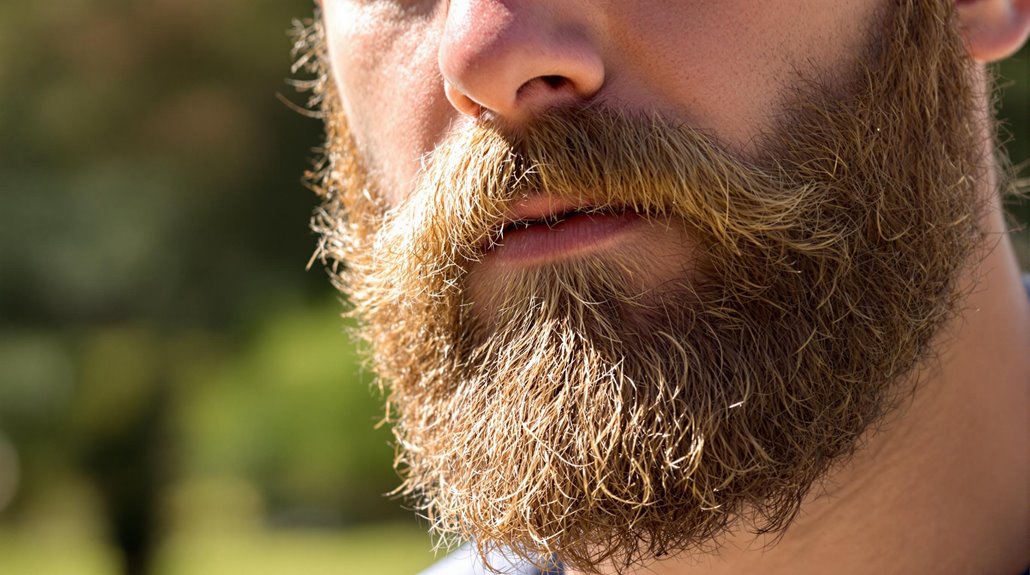
Beards do have a purpose. They provide UV protection, reducing skin cancer risk, and act as barriers against allergens. You'll find they assist in retaining facial moisture, contributing to healthier skin. Psychologically, they elevate self-esteem and can improve social perceptions, making you appear more confident and attractive. Culturally, beards symbolize power and wisdom across diverse societies. In evolutionary terms, they signal maturity and aid in attracting mates. Proper maintenance with washing and grooming keeps them healthy. If you're interested, there's more to uncover about how beards impact health and social dynamics.
Health Benefits of Beards
In relation to beards, you might be surprised to learn just how many health benefits they offer. Your beard isn't just a style statement; it plays a significant role in protecting your skin. By blocking 90-95% of harmful UV rays, beards can reduce the risk of skin cancer, making them a natural shield against sun damage. Furthermore, they act as a barrier against allergens and pollutants, safeguarding your skin and respiratory system from irritants.
Keeping your facial hair well-maintained can also promote better hygiene. Regular grooming helps reduce bacterial buildup, ensuring that the skin underneath stays healthy. This is essential because your beard retains moisture, preventing dryness and minimizing the risk of skin irritations and acne. So, maintaining a good grooming routine doesn't just improve your beard's appearance; it supports your skin's health.
Additionally, beards may lower the likelihood of respiratory infections. They act as a filter, catching particles before they can be inhaled, which in turn helps protect your respiratory system. So, when you think of growing or maintaining a beard, remember the array of health benefits it provides, all while keeping your skin and overall cleanliness in check.
Psychological Effects
Beyond their physical benefits, beards can greatly impact a man's psychological well-being. Sporting a beard can elevate your self-esteem and confidence because it's often linked to masculinity and maturity. You might feel a stronger sense of identity or personal style by experimenting with different beard styles. This self-expression lets you showcase your individuality, which can be empowering and improve your general mental health.
The psychological effects extend to how others perceive you. With a beard, you may be seen as wiser and more experienced, positively influencing social interactions. This perception can lead to more respect in professional settings and among peers. If you're looking to attract a partner, beards can be a game-changer. Studies suggest that men with beards are often viewed as more attractive and desirable for long-term relationships by women.
Moreover, facial hair serves as a social signaling tool, conveying traits such as dominance and virility. This can impact how potential mates and even rivals view you, increasing your confidence in social settings. So, regardless of you're growing a full beard or experimenting with different beard styles, the psychological benefits are undeniable, improving your self-esteem and attractiveness.
Maintenance and Hygiene
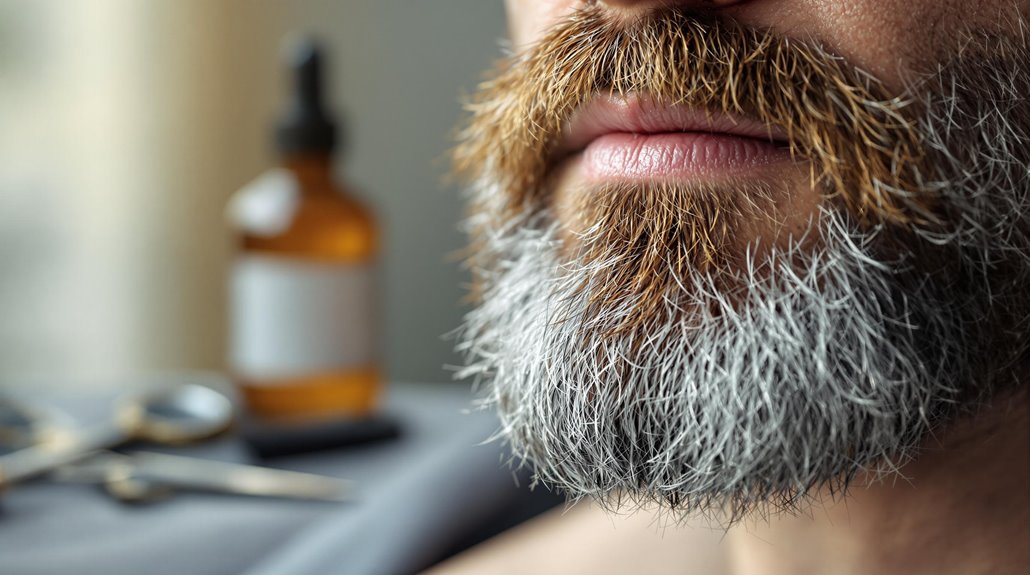
How do you keep your beard looking its best? Proper maintenance and hygiene are vital. Start with regular washing to prevent bacteria buildup. Depending on your lifestyle and preferences, wash your beard daily or a few times a week. This keeps your beard clean and fresh. Trimming is also important. It maintains your beard's shape, prevents split ends, and encourages healthy growth.
Incorporate grooming into your routine by using a good comb and exfoliating the skin beneath your beard. This helps prevent ingrown hairs and promotes skin health. Don't forget about beard oils. They're fantastic for enhancing softness and reducing itchiness. A well-nourished beard doesn't just look good; it also feels comfortable.
Skin care beneath your beard shouldn't be overlooked. Moisturizing is vital to avoid dryness and irritation. A healthy foundation leads to a healthier beard. Regular grooming routines guarantee that both your beard and skin remain in top condition. By focusing on these practices, you'll enjoy a beard that not only looks great but also feels great, contributing to your general appearance and comfort.
Cultural Perspectives
Across time and cultures, beards have carried deep significance, often symbolizing power and masculinity. In ancient Egypt, beards weren't just facial hair; they symbolized wealth and authority. Pharaohs even wore false beards to emphasize their divine status and reinforce their social standing. Likewise, Celtic tribes revered beards, swearing upon them in serious matters. This practice highlighted the cultural significance of beards in their society, representing trust and commitment.
In ancient India, long beards were equated with dignity and wisdom. Scholars and sages wore them as badges of honor, showcasing their knowledge and social status. Beards weren't merely personal choices; they were statements of identity and respect. Additionally, in many ancient cultures, cutting someone's beard served as a form of punishment, indicating a loss of honor or social failure. This act underscored the deep-rooted beliefs about beards and masculinity.
Today, beards have resurfaced in fashion, driven by social media and evolving perceptions of masculinity. While their cultural significance has transformed, they continue to reflect personal identity and social status. Regardless of being ancient or modern, beards remain potent symbols of masculinity and cultural heritage.
Evolutionary Role

When examining the evolutionary role of beards, you'll find they serve as more than just a fashion statement. Beards are classified as secondary sexual characteristics in men, signaling sexual maturity and boosted testosterone levels. This biological badge can improve attractiveness to potential mates, making beards a powerful tool in the sphere of sexual selection. It's not just about looks; beards signify virility and dominance, allowing men to compete more effectively for mating opportunities and social status.
Charles Darwin suggested that beards evolved through sexual selection, acting as a visual cue for male fitness and desirability. Just as the impressive mane of a male lion signals dominance and attracts mates, a man's facial hair can serve a similar purpose. Studies support this idea, showing that beards can amplify male intimidation and perceived aggression, which might offer a protective advantage during intraspecies conflicts.
